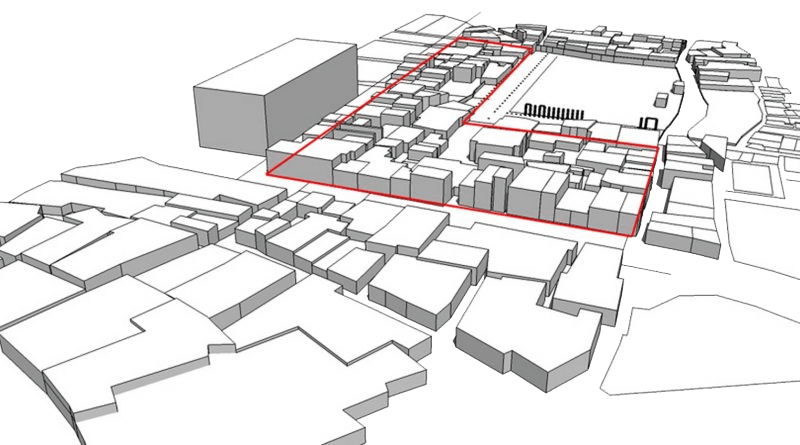Compensation for Expropriation Without
Expropriation
Lawsuits
Expropriation without expropriation was previously
legally
was regulated, it was added to the Expropriation Law No. 2942 with Law No. 5999 for the first
time
It has been legalized. However, later additions to the law in this regard
It has made it difficult for the owner to regain his right, and for this reason, many jurists
criticized. In the light of the current legal regulation, expropriation without expropriation is
defined under two separate headings
should be analyzed under.
Actual Seizure of Real Estate by the Administration;
The administration is required to provide the necessary services for the
performance of a public service.
to expropriate the real estate, but not to do so and to actually seize this real estate
by allocating it to public service. In this case, the owner may seek forbidden intervention or
collection of compensation.
has an optional right to file a lawsuit. However, expropriation without expropriation is a major
are based on a zoning plan, they are more likely to be subject to an action for the collection
of compensation rather than an action for prohibited intervention.
We believe that it would be more correct to prefer.
Actual seizure of immovable property by building roads, sidewalks, parks, etc.
In the event of a lawsuit; firstly, the obligation to apply for reconciliation with the
administration, and if no reconciliation can be reached, a lawsuit in the judicial jurisdiction
the right to file a lawsuit. These lawsuits can be filed in the Courts of First Instance (Civil
Courts of First Instance)
is being looked at.
Legal Seizure of Real Estate by the Administration;
Zoning Law No. 3194; Zoning programs, expropriation and restriction
"Municipalities; no later than 3 months after the entry into force of the zoning plans.
Within months, they shall prepare a 5-year development program to implement this plan. Five-year
Representatives of the relevant investor public institutions during the discussion of
development programs
participates in the Assembly meeting on the basis of his/her views. These programs are presented
to the
is finalized after it is accepted. Allocation to public institutions within this program
The areas identified are notified to the relevant public institutions. Boundaries of five-year
development programs
the places allocated to public service facilities in the areas within the relevant public
institutions shall expropriate within the duration of this program. The necessary appropriation
for this purpose shall be provided by the public
organizations in their annual budgets".
According to this legal arrangement, the development plan, which has not been programmed for
many years, will actually be implemented.
the administration that does not proceed with expropriation or exchange due to the failure to
expropriate or exchange the property.
renders the right of disposition over the immovable property unusable for an indefinite period
of time,
therefore, the owner's ability to benefit from the immovable property in accordance with the
essence of the property right
in cases where the immovable property owner is prevented by the administration without a legal
reason
If the "Reconciliation Procedure" has been applied first, in case of failure to reconcile, the
lawsuit
can be filed. The duty to hear these cases was transferred to the Administrative Judiciary by
Law No. 6487
given.



